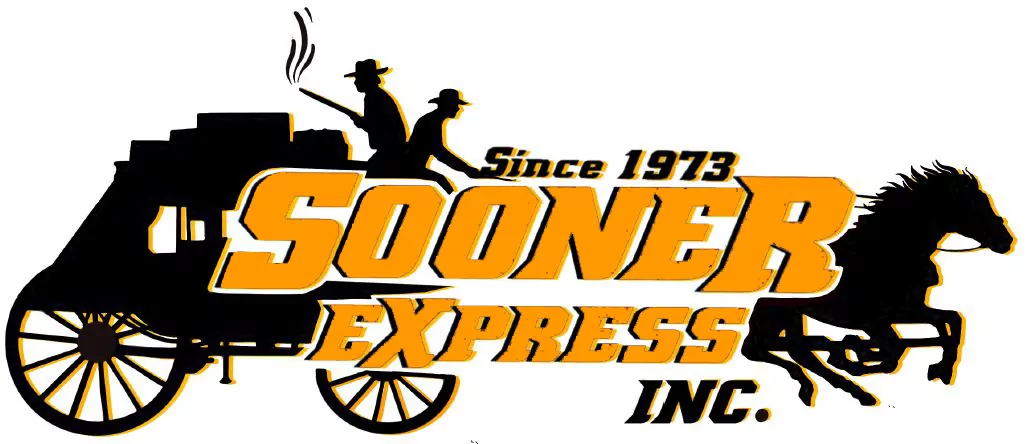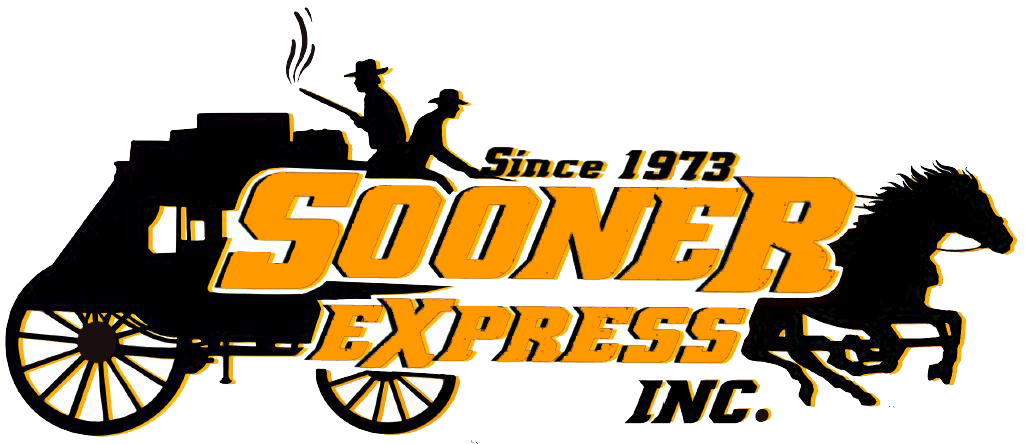
How to Choose a 3PL Provider
The role of any competent third-party logistics (3PL) provider is highlighted by two very important ideas:
-
Flexibility
-
Scalability
3PL providers help businesses, small and large alike, get their products from points A to Z across a vast network of transport infrastructure, from seaports to airports, train tracks to highways. Catering to a variety of businesses rather than a proprietary network of warehouses and product lines is why both flexibility and scalability are crucial in the business model of a good 3PL provider.
However, 3PL providers are also popping up in droves, meaning competition is fierce. Any business looking to team up with a 3PL provider will need to be picky and make the best choice possible to maximize their business growth potential.
Aside from flexibility and scalability, 3PL providers must be able to showcase industry experience, innovative technologies that set them apart from the rest, a reach matching your business’ market, clear communication, an excellent record in customer service, the right reputation, and more.
Assessing Your Business Needs
Before you figure out how to choose a 3PL provider to match your needs, it’s important to refine and determine your needs, to begin with. 3PL providers rely on certain information to match their clients to the respective services that they can provide. In general, a 3PL business will provide three kinds of services:
-
Integrated technologies for efficient logistics.
As such, evaluate your current supply chain challenges, and your goals
-
What market are you aiming for?
-
What are your current numbers?
-
Where do you hope to be with a 3PL partner?
-
What areas in the supply chain can a 3PL partner add value, and what kind of value are you looking for?
-
Do you need all three services, or just transport and logistics?
Once you have a clearer picture of your needs and requirements, it’s time to look into how to choose a 3PL provider.
Industry Experience and Expertise
Third-party logistics is an involved industry. It takes a lot of investment, in terms of time and money, to build up the infrastructure, the connections, and the experience to handle both.
This is not the right market to choose a greenhorn business – you want someone established with the expertise to handle logistics and transportation in your target area, with the years needed to attain the kind of flexibility that comes with order fulfillment on a large scale.
Look for a 3PL provider with decades of experience, an up-to-date portfolio that leverages new technologies, a competitive spirit, and plenty of case studies or examples of clients with similar requirements to yours.
Technology and Innovation
Real-time logistics are a great space for burgeoning data analysis and data tracking technologies to test their mettle.
Shipping and logistics businesses have been utilizing cloud services and data analytics to integrate different transportation and accounting services, e-commerce functions, and other members of the logistics network into functioning online systems for years, giving clients a centralized overview of where their items are, where they’re going, and customer-specific pricing and billing information.
Scalability and Flexibility
A third-party logistics provider is not built to satisfy a narrow customer base. Most of them cater to a large number of businesses with a wide range of needs. This calls for flexibility.
-
Is your prospective 3PL provider known for their flexibility?
-
Have they impressed previous clients with their ability to quickly scale their offering to a business’ rapid growth mid-season?
-
Can they pivot?
Compliance and Regulations
Logistics companies need a strong understanding of cross-border regulations, customs, import/export restrictions, costs, and industry-specific compliance.
Certain goods need to be transported a certain way, and different territories have different ways of handling transportation.
-
How experienced is your chosen 3PL provider in handling products of your kind, in the markets that you wish to export to?
-
What snags have they hit in the past, and how have they learned from them?
Customer Service and Communication
How a business communicates is just as important as how they operate. A business may be a well-oiled machine from within, but if it takes weeks to respond to an email or answer a simple question about an unexpected event, then it’s easy to lose faith.
Check References and Reputation
One of the great benefits of the Internet is that it has a nigh-infinite memory – and that’s great for fact-checking, storing references, and investigating a potential partner’s reputation.
Ask your prospective 3PL providers for references from current or past clients. Look into online reviews, customer service experience, and employee opinions. Check out what online watchdogs on trust and reliability have to say.
Asking the Right Questions
When talking to any prospective 3PL provider about why you should work with them, specifically, it helps to ask specific questions. Your business concerns will be different from those of the next client, or the previous one.
We can’t list each of the exact wishes and needs you might have – perhaps your product needs a certain amount of space or is best transported via road conditions than via air. Perhaps you need flexibility due to your business’s changing needs or want to know more about how a prospective 3PL provider can leverage their in-house technology to make your life easier.
But asking the right questions can be an excellent gauge for determining a prospective 3PL provider’s compatibility with your business and its needs before you make any decision. In lieu of the factors we’ve previously discussed, you will want to be sure to ask questions such as:
-
How long have you been providing 3PL services?
-
Have you worked with businesses in my industry before?
-
Can you share success stories from similar clients?
-
Can you tailor your offerings to suit my requirements?
-
What kind of technology and systems do you use for tracking and managing logistics?
-
Can your systems integrate with my existing technology and systems?
-
How do you handle fluctuations in demand or seasonal peaks?
-
Do you have the capacity to handle my business’s growth at its current rate?
-
What is the geographical coverage of your distribution centers and facilities?
-
Can you provide services for both domestic and international operations?
-
How can your network benefit my supply chain operations?
-
How do you ensure compliance with industry regulations and standards?
-
Are you experienced in handling customs and import/export regulations?
-
What steps do you take to stay updated on changing regulations?
-
How do you handle communication and problem-solving with your clients?
-
Do you provide a dedicated account manager for consistent support?
-
Can you provide examples of how you’ve resolved logistical challenges for clients?
-
What is your pricing structure? Is it fixed, variable, or a combination?
-
Can you provide a breakdown of costs for the specific services I’ll be using?
-
How can your services add value and contribute to cost savings for my business?
-
Can you provide references from current or past clients?
-
Do you have testimonials or online reviews that showcase your reputation?
-
How do you maintain a positive reputation within the industry?
-
How seamless is the onboarding process for new clients?
-
What steps are involved in transitioning my logistics operations to your company?
-
Can you provide a timeline for the implementation process?
-
How do you handle unexpected disruptions in the supply chain?
-
Do you have contingency plans in place for emergencies or natural disasters?
-
Can you share examples of how you’ve managed unforeseen challenges in the past?
Making Your Decision
When you’re deciding how to choose a 3PL provider, establishing a clean and impressive record, taking note of their core competencies, and comparing their reach with your primary markets are important. But beyond that, you will need to examine a potential working relationship between your businesses. What is their management style? Are you satisfied with the impression they’ve given? Was their sales representative convincing? Have you had the chance to talk to any of the other members of the team? What do you know about the owner and the business’ history?
A B2B prospect is often more involved than the relationship between a passing customer and their business of choice. Choosing a 3PL provider to work with your business means choosing to form a lasting commercial partnership.
It’s one thing to be on top of your production and ensure that your marketing reaches as many potential customers as possible. But when the weak link is in how you get your product to those customers, everything else falls apart. Working with the right team can make all the difference in the world.
With over 5 decades of experience working with SMEs and Fortune 500 companies alike, Sooner Express is your premier choice for 3PL services in all of Southern California. Work with us to benefit from the expertise of a seasoned team, the innovative technologies in our 3PL Central Platform integration, and the benefits of our extensive distribution network – from the San Fernando Valley to the Inland Empire and San Luis Obispo. Get in touch with us and get started today with a free quote.
Looking for reliable 3PL services to streamline your logistics?
Let's talk solutions.



